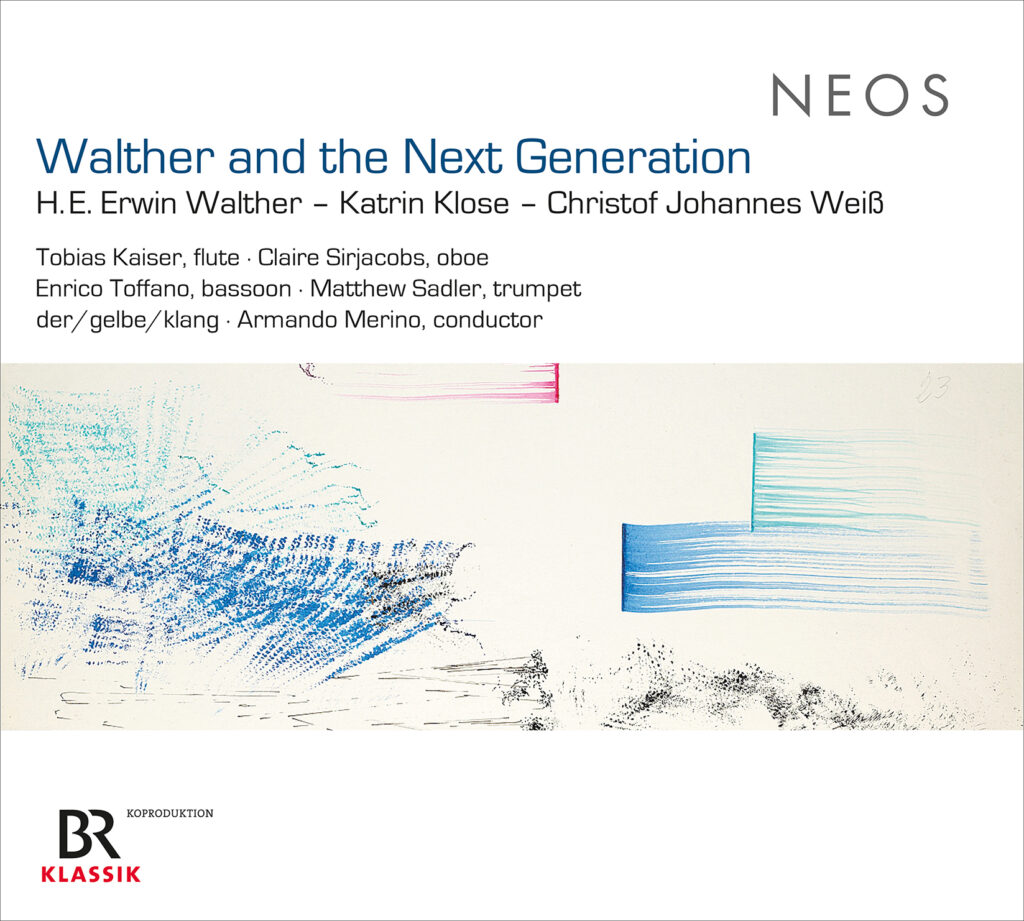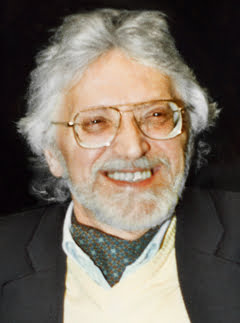Composer
Biography:
H.E. Erwin Walther was born in Amberg in the Upper Palatinate in 1920. His father, Ernst Walther (a student of Joseph Rheinberger, excellent pianist, church organist for decades and choir director for many years), taught his son piano, harmony, music history and composition from an early age.
Erwin played piano at four, violin at eight, viola at thirteen and French horn at sixteen. After graduating from high school, he was admitted to the master class of Prof. Zilcher at the State Conservatory in Würzburg with his own violin sonata. At the same time, he studied musicology with Oskar Kaul, counterpoint with Hans Schindler and minoring in viola with Karl Bender, as well as philosophy, German and medicine as a guest auditor.
After the exam (1941) Walther was drafted into the Wehrmacht. As early as 1943, after being seriously wounded, he was released and sent to Bayreuth as a student leader as part of compulsory military service for wounded academics. In addition to his studies and his beginnings as a composer, Erwin Walther worked as a practicing musician.
Already during his student days he belonged as a violist u. a. the Schierling Quartet and the Sturm Quartet in Nuremberg. In 1949 the press called him a »pianist of rank«. As such, he gave studio concerts between 1949 and 1951, in which he particularly cultivated the art of (almost forgotten) improvisation. As the "house composer" for the studio stage founded by Gerd Winkler in Amberg in 1950, he wrote incidental music for numerous performances (including works by Sartre, Cocteau, Brecht, etc.).
He was a co-founder of the Amberg Jazz Club and has had numerous commissions for television films and radio productions since 1960. The stylistic and generic diversity of his extensive work makes him an artist that is difficult to classify. Freedom and independence characterized his life as well as his work. Throughout his life he dealt with literature as a composer.
H.E. Erwin Walther died in Amberg in 1995.
Albums:
Walther and the Next Generation:



